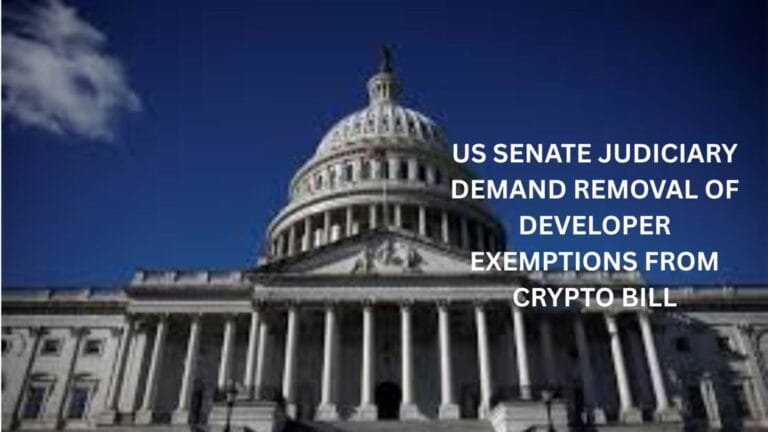Key Takeaways
- If the bill passes into law, it will prohibit state agencies and courts from accepting payments using CBDC
- The bill aims to discourage the federal government from advancing plans that could undermine the US dollar’s global status.
North Carolina’s General Assembly passed House Bill 690 on Wednesday, imposing restrictions on the state’s government from using or accepting a Federal Reserve-issued central bank digital currency (CBDC). The bill now awaits approval from Governor Roy Cooper.
The state’s House approved the bill with a 109-4 vote on June 26, following the Senate’s 39-5 vote on June 25. The House concurred with the Senate on Wednesday, reaffirming the bill’s strong legislative support.
House Bill 690 prohibits North Carolina from participating in any Federal Reserve branch’s testing of future CBDCs. This comes in the wake of the Federal Reserve’s 2022 report on the US dollar’s digital transformation, intended to start a public discussion between the Federal Reserve and stakeholders about CBDCs.
Senator Brad Overcash, R-Gaston, expressed that the bill aims to discourage the federal government from advancing plans that could potentially undermine the US dollar’s global status. “This bill sends a strong message to the federal government that North Carolina is not interested in a CBDC,” said Overcash. Despite hoping for unanimous support, he acknowledged the bill’s broad approval as significant.
If Governor Cooper signs the bill into law, it will prohibit state agencies and courts from accepting payments using CBDCs and participating in any Federal Reserve branch’s CBDC tests. The bill’s widespread legislative support indicates that even if Cooper vetoes it, an override is likely, given the backing from over three-fifths of lawmakers in both chambers.
Federal Reserve Chair Jerome Powell stated during a federal Senate Banking Committee hearing in March that the U.S. was “nowhere near recommending or adopting a central bank digital currency in any form.” Despite this, the U.S. House of Representatives passed a bill last month to ban the Federal Reserve from offering a CBDC, which now awaits consideration in the Senate.
The latest development comes amid the US State of Louisiana passing a landmark pro-bitcoin bill to protect access to Bitcoin while banning CBDCs.
Last month, Oklahoma also passed a bill guaranteeing the right to self-custody, allowing individuals to securely hold their digital assets. Under the provisions of the bill, bitcoin and other digital currencies can be used for transactions without additional taxes, aligning digital assets with traditional legal tender regarding tax treatment.
North Carolina’s move to ban CBDC also comes amid several countries including India and China, running pilot programs to assess the viability of CBDCs. CBDCs have already been launched in the Bahamas, Nigeria, and Jamaica among others. The International Monetary Fund has dubbed CBDCs as “a safe and low-cost alternative” to cash, with almost 60% of countries in the world exploring CBDCs.










